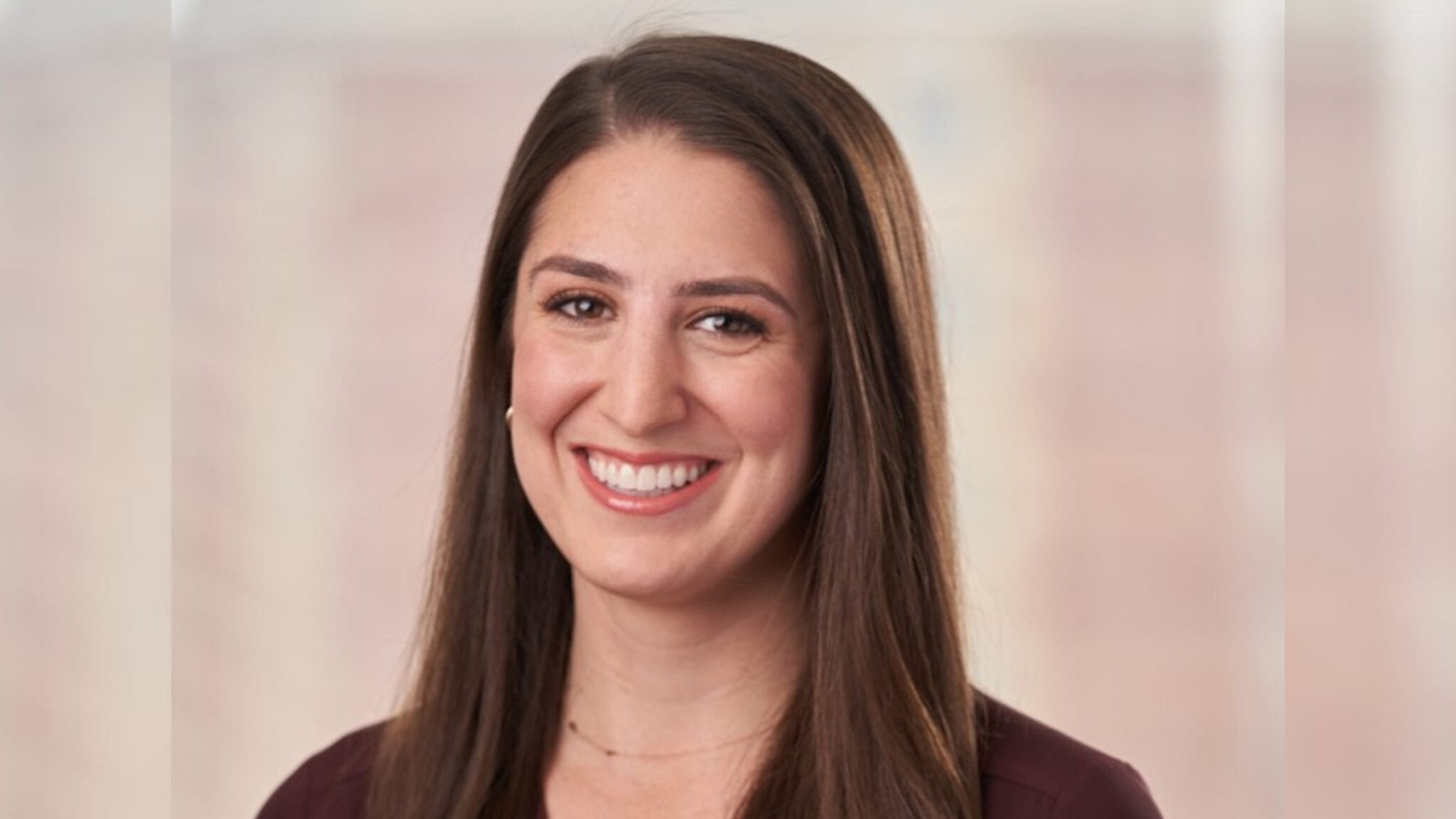
Lea Hachigian, ImmuneID
Stephen Elledge's Harvard lab takes $17M to birth ImmuneID, a high-throughput antibody startup
Lea Hachigian, a principal at the Longwood Fund, recalls working with Harvard professor Stephen Elledge three years ago on the launch of TCR-focused TScan Therapeutics …
Sign up to read this article for free.
Get free access to a limited number of articles, plus choose newsletters to get straight to your inbox.